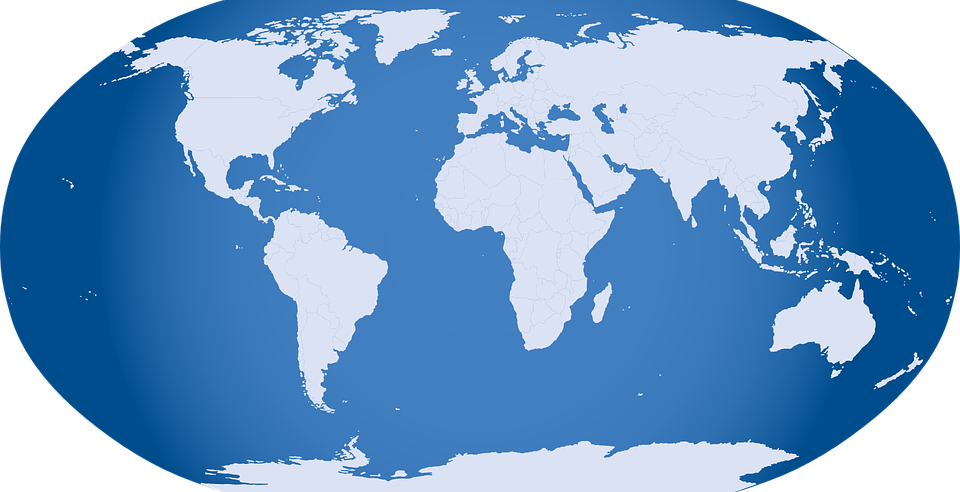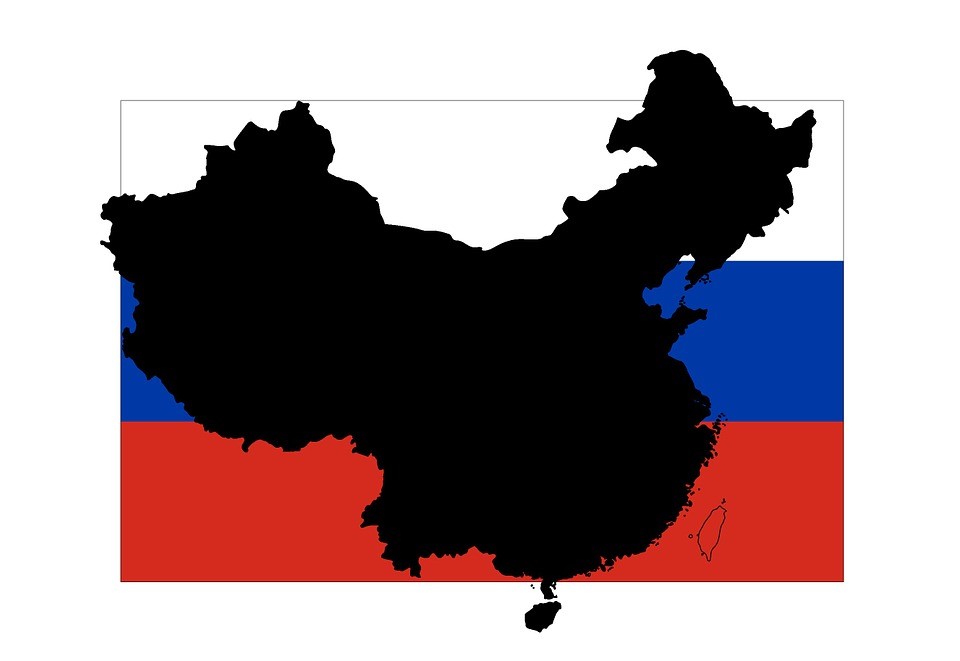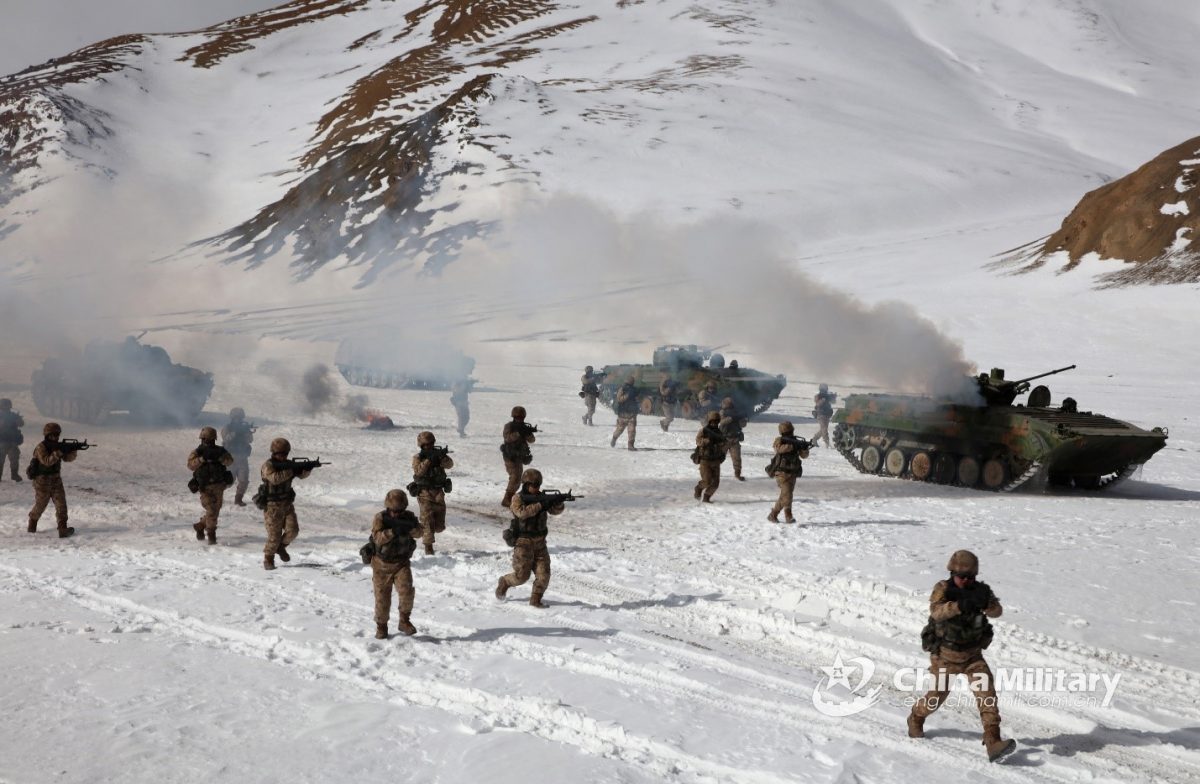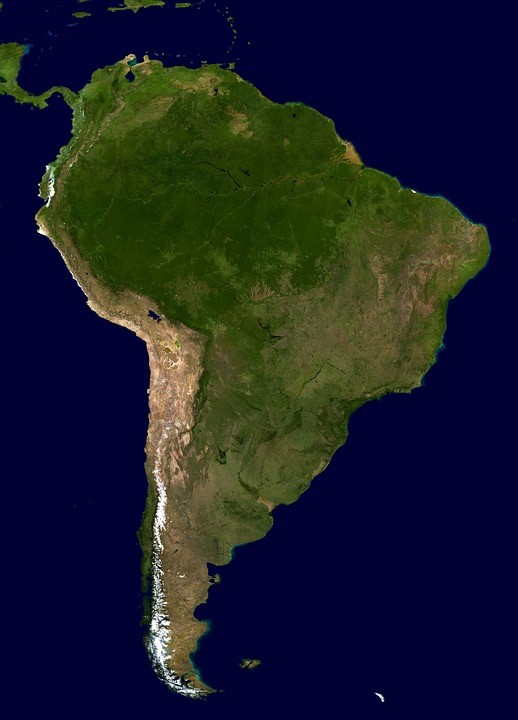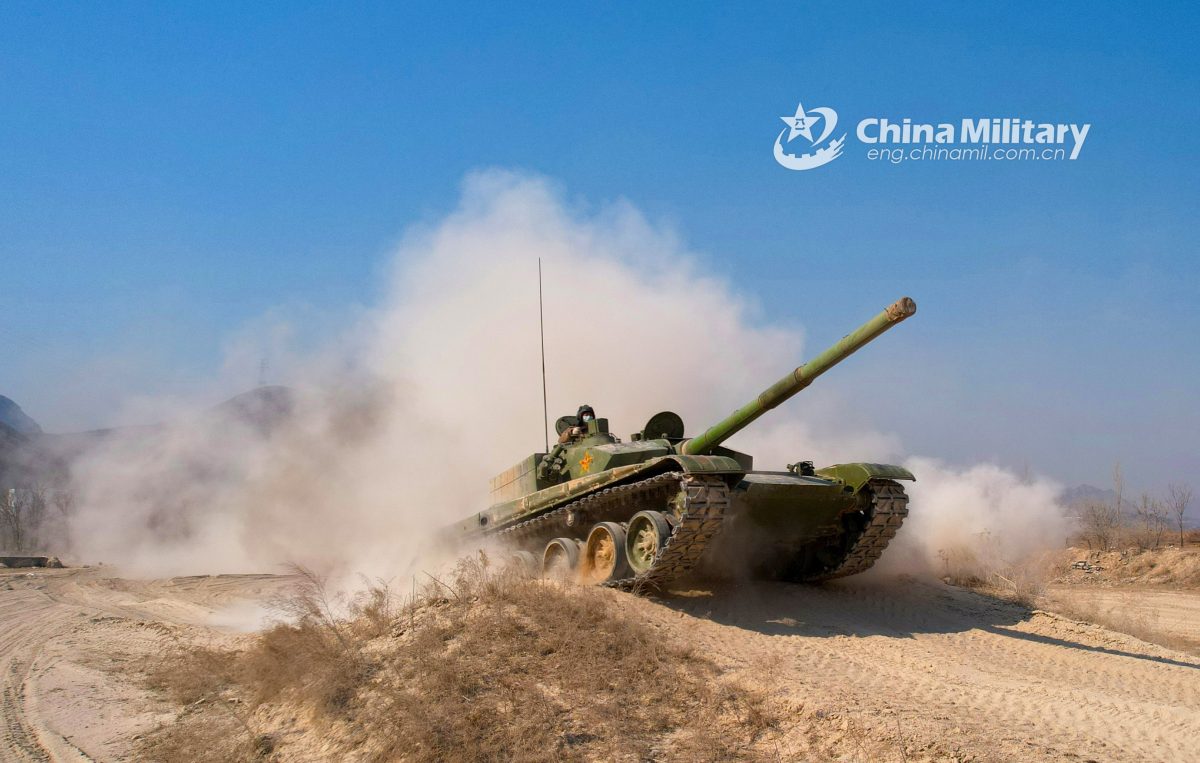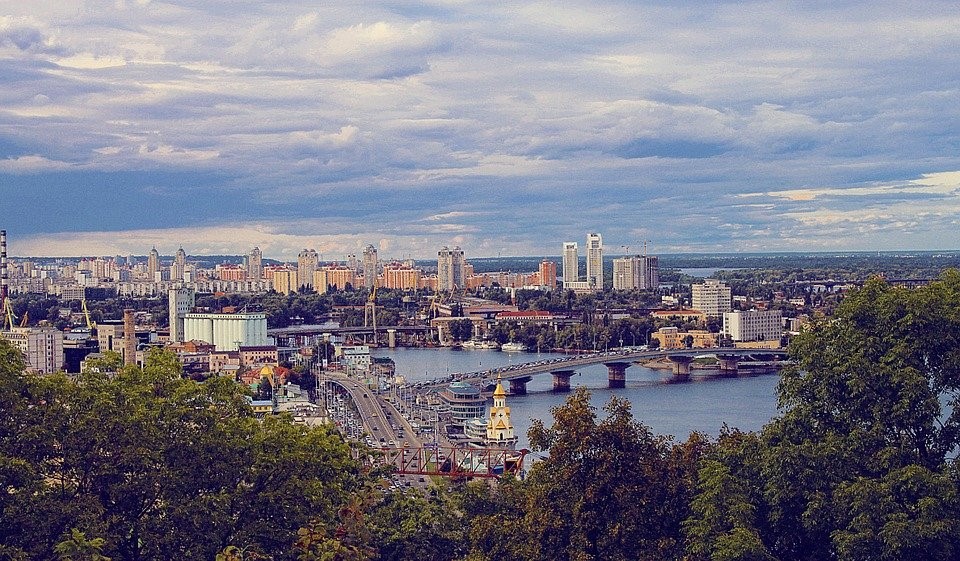I know nothing about Tennis, and do not feel confident in even trying to pronounce the name, Novak Djokovic. But being an American, I like to think I know something about freedom.
Recently, I watched a shocking sight – Americans celebrating the loss of some of our cherished freedoms.
While at the gym today, I overheard a conversation between a man and his fitness instructor. The instructor asked the person what they thought about Novak Djokovic being banned from appearing in the Australian Open. From what little I heard of their prior conversation, the man sounded American (no particular accent), seemed reasonably well-educated, and appeared to be well-off financially. He responded, and I quote, “It makes me feel good.” He then called Djokovic a jerk, to the general agreement of other patrons of this particular gym.
Being a born and bred New Yorker, I did what most of us from the City would do – I minded my own business. No one asked me my opinion, and I did not volunteer one. But the more I thought about the incident, the more I believe it important to examine the source of this man’s glee at hearing that a top athlete will not be allowed to compete.
Born in Belgrade, Serbia, according to his official website, “Novak Djokovic took a racquet in his hands for the first time when he was four years old…while still in elementary school, instead of staying in the schoolyard to play with other kids, Novak was running back home to get ready for his tennis sessions.” At 14, he was a European champion in singles, doubles and team competition. In 2008, “Novak won his first Grand Slam title – the Australian Open…losing only one set throughout the whole tournament.” In 2011, after winning a record-setting 43 matches in a row, Novak won at Wimbledon, making him “the number one tennis player in the world.” He would go on to win at Wimbledon six times, and to win the Australian Open nine times. Novak has won the French Open twice, has 20 Grand Slam trophies, and is only the third player to have won every major title in Tennis twice.
This year, Djokovic was scheduled to appear in the Australian Open to defend his title. Australia requires people traveling to or from their country to be “fully vaccinated” – one dose of the Johnson and Johnson vaccine, or two doses of all others. Persons applying for a visa for travel to Australia can seek an exemption, a procedure that Djokovic appears to have followed to some extent. But why would this star tennis player need an exemption? “Djokovic has not been vaccinated… It is not known why the 20 time Grand Slam winner has not been vaccinated but there has long been speculation of him being simply against the vaccine rather than their (sic) being a specific medical exemption.”
Djokovic’s visa application admittedly contained some inaccurate information. He claimed “he had not traveled internationally for two weeks prior to arriving in Australia…(Djokovic) said his agent made an ‘administrative mistake in ticking the incorrect box.’ His travel declaration appeared to conflict with social media images of him traveling between Spain and Serbia.”
Djokovic “also addressed questions surrounding when he tested positive for Covid-19 in Serbia, which was the basis for his request for an exemption to Australia’s stringent requirement that visitors be vaccinated…he said he attended a basketball game in Belgrade on Dec. 14, and said he took a rapid antigen test and PCR test on Dec. 16 after some attendees tested positive. (Djokovic) said he did not have symptoms and the rapid test was negative. While awaiting the PCR results on Dec. 17 he said he took another rapid test that was also negative before attending a tennis event ‘to present awards to children.’ He said after that event, he received a positive PCR result. The date in his new statement also appears to conflict with documents he provided to Australian officials that claimed his positive result came in the day prior…Despite testing positive, the next day he participated in an interview and photo shoot ‘to fulfill a longstanding commitment,’ he said, adding, ‘this was an error of judgement and I accept that I should have rescheduled this commitment.'”
Djokovic initially received a vaccine exemption from tournament officials and the Australian state of Victoria, “(b)ut the Australian Border Force rejected the exemption and canceled his visa when he landed in Melbourne on Jan. 5.” At that point, Djokovic became embroiled in an immigration nightmare. “Novak Djokovic was tormented by the authorities at the Melbourne Airport…after traveling for 14 hours from Melbourne to Dubai (he) was interrogated by the border police officers for nearly two hours. After that, the Serb was put in detention in an isolated room at the airport. His mobile phone was snatched away from him, to ensure he doesn’t contact anyone about his situation. He wasn’t even allowed to contact his team members since two police officers were stationed right outside his room… Djokovic was treated as if he was a criminal who was trying to enter the country without any proof. The medical exemption provided to him by the Victorian government proved to be useless at the Melbourne Airport.”
Ultimately, an order of deportation was issued by “(t)he Australian immigration minister, Alex Hawke, (who) had cancelled Djokovic’s visa on the basis his presence in Australia might risk ‘civil unrest’ as he was a ‘talisman of anti-vaccination sentiment.'” Djokovic appealed the minister’s order to the Australian courts, but “(t)he court found it was reasonable for the minister to be concerned his presence ‘may encourage rallies and protests that may lead to heightened community transmission.’ The decision resulted in Djokovic’s deportation just a day before the scheduled start of his Australian Open title defense.”
This incident did not help relations between Australia and Djokovic’s homeland. “In Serbia, President Aleksandar Vucic said the (Australian court) hearing was ‘a farce with a lot of lies.’ ‘They think that they humiliated Djokovic with this 10-day harassment, and they actually humiliated themselves. If you said that the one who was not vaccinated has no right to enter, Novak would not come or would be vaccinated,’ Vucic told reporters. He said he told Djokovic after talking to him ‘that we can’t wait to see him in Serbia, to return to his country, to come where he is always welcome.'”
In fact, Djokovic was greeted like a hero upon his return to Serbia. “Supporters gathered at the airport in Belgrade, waving the national flag and chanting ‘we love Novak.’ ‘This is a shame what they did to Novak in Australia,’ one supporter said. ‘This is a shame what the world has come to.’ ‘I myself am vaccinated, double-jabbed, but I think no-one should be forced to do something… he was judged and sentenced for his freedom of choice,’ he added.”
Many Australians had a different view. For instance, “(t)ennis fan Holly McCann, who attended the first day of the Australian Open…said Djokovic did not deserve to be an exception to strict border rules. ‘It should be the rule is the rule, regardless of your status,’ McCann said. ‘I have nothing against him personally, but I don’t think he should be an exception.'”
Australia has the right to exempt anyone it chooses from entering its borders. They also have the right to demand that all travelers to their country be vaccinated. Further, if their immigration officials believe that the application of a person entering their country is inaccurate, they have the right to revoke that person’s visa and expel them from their country. All countries have the same right.
However, is it reasonable to deport someone on the basis that they represent “antivax sentiment?” Does it enhance the reputation of Australia to ban the reigning champion of tennis from competition in a premier athletic event, particularly after that event and Australian state authorities gave him an exemption from vaccination? Does it really encourage anyone, whether you’re a tennis star or a private citizen, to pay a visit to the “land down under” anytime soon?
Most important to our analysis of this incident is the question of personal freedom. “No-one should be forced to do something… he was judged and sentenced for his freedom of choice,” the unnamed Serbian supporter of Djokovic stated, even though the supporter himself was double-vaxed. This was always the American philosophy – you make your own choices, using your own free will. As one Twitter user put the issue, “Novak failed to fight for the basic right of every man, and that is Freedom! Australia has shot at the basic right of every human being and denied the right to freedom to the best tennis player in the world.”
Something has changed in the American mentality since the advent of Covid-19. Unlike the Serbian who condemned Australia for not respecting Djokovic’s freedom to choose what he puts in his own body, many American’s encourage our own government to adopt Australia’s standards. For instance, “Tech Activist” Tracy Chou summed up the view of many with this tweet: “i have only the faintest passing interest in tennis but i’ve been so grimly satisfied to see djokovic shut down bc i have no more patience for anti vaxxers nor arrogant white men who think the rules don’t apply to them and are used to getting away with assholery.”
This view seems to coincide with that of the man who’s conversation I overheard at the gym. Like Chou, it gave him a good feeling to see someone who wouldn’t comply with Australia’s vaccine mandate be harshly punished.
I can’t share these sentiments. I’ve been raised to respect individual choice, particularly when it comes to individual freedoms. If Djokovic doesn’t want to take the vaccine, any vaccine, then he shouldn’t have to. It appears he was willing to live by his choice – he only travelled across the globe after receiving an exemption from tournament and Australian state officials.
Many Americans now understand a sad fact – there is a division amongst ourselves. We just are not always able to put our finger on the dividing line. Perhaps it is this; Many Americans no longer respect the right of their fellow Americans to use our personal freedom to make our own choices. Many believe they are experts, or better informed, or just “know better,” and the rest of us should do as we’re told, for our own good. Many have let their own fear rule them, and expect the rest of us to assuage those fears by violating our own personal right to choose what we put in our bodies. Maybe, just maybe, those celebrating the deportation of Djokovic would like to see similar treatment of others who remain unvaccinated.
Or maybe that guy at the gym was just a mean bastard, who rejoices in the sufferings of others. I don’t know, because I don’t know this person. But something tells me that if he thinks Djokovic is a jerk, it’s because he wants the tennis star as well as the rest of us to ignore our own rights and follow orders.
How Un-American.
John H. Wilson (ret.) is a former Criminal Court Judge from New York City. He currently serves as a Mediator for First Court.
Illustration: Pixabay

